The day had finally arrived. I’d crossed days off my calendar, anxiously awaiting Nov. 29, 2023: Spotify Wrapped day. I excitedly opened my Spotify app displaying my five top artists of 2023, but as I began to proudly post my “achievement” of listening to Lauryn Hill, SZA and A Tribe Called Quest for thousands of minutes, I stopped in my tracks when I remembered the negative connotations of Hip-hop music. If I posted this lineup, I knew I could face judgment from my peers.
Misconceptions and stereotypes have historically overshadowed the artistic and cultural significance of this powerful form of expression, especially by media run by the dominant culture — which often criticizes Hip-hop and describes it as “ghetto” or “inappropriate.” We must challenge these race-based biases and recognize Hip-hop for the influential force it truly is. This music is part of my culture, and believe it or not, it represents more than violence if you look closer.
The Hip-hop industry celebrated its 50th anniversary Aug. 11, 2023. The music emerged in 1973 as a voice for marginalized communities, providing a platform for them to express their struggles, dreams and aspirations. Musician DJ Kool Herc created the genre by spinning the same record on twin turntables, switching between them to extend percussion breaks — the most danceable parts of a song. From there, a culture was born.
The term “Hip-hop” is said to have originated in a couple of different ways, but the most famous explanation stems back to the pioneering rap group Grandmaster Flash and the Furious Five. The musicians replicated the sound of marching by repeating the sequence “hip/hop/hip/hop,” and singing along to the beat. They eventually incorporated that sequence into other songs, and the term “Hip-hop” caught on. The term became more famous from the song “Rappers Delight” by the Sugarhill Gang in 1979, and its influence eventually expanded to other genres, from pop and rock to R&B.
As long as it has been a genre, Hip-hop has been a powerful storytelling tool, shedding light on social issues such as racial inequality, poverty and systemic injustice. Rapper Kendrick Lamar raps in his 2017 song “XXX” the line, “The great American flag is wrapped and dragged with explosives,” to highlight generational traumas the Black community has endured throughout American history, contradicting some people who still view America as a renowned institution.
Lamar famously confronts societal issues in his music, but he isn’t the first rapper to use music to start a conversation. One of the most iconic rappers ever, 2pac, wrote in his 1992 song “Changes,” “I see no changes, all I see is racist faces misplaced hate makes disgrace to races.” His music, and many others’, turned Hip-hop into an important space for Black voices to share their perspectives and reflect on discrimination.
Hip-hop is more than just music; it’s a cultural movement encompassing art forms like dance, fashion and visual art — continuously pushing boundaries and challenging traditional norms. By dismissing Hip-hop based on stereotypes, we silence the voices of those who need to be heard the most. Including social issues in music gives musicians the platform to support and uplift the Black community, while educating listeners in order to prevent future microaggressions and combat stereotypes.
Sometimes, I feel guilty for not listening to Hip-hop more often; I feel as though I may be doing a disservice to my culture by not fully immersing myself in that music. Therefore, as a Black musician, I’ve learned to balance exploring a variety of different genres, while also trying to pay homage to such a dynamic culture.
The stigma against Hip-hop stems from a lack of understanding and perpetuated stereotypes. It’s time to challenge these biases and recognize Hip-hop for its artistic and cultural significance. To support Black music, try listening to both new and old music of the culture, exploring music that Hip-hop inspires and dancing along in recognition of a powerful narrative in American history.



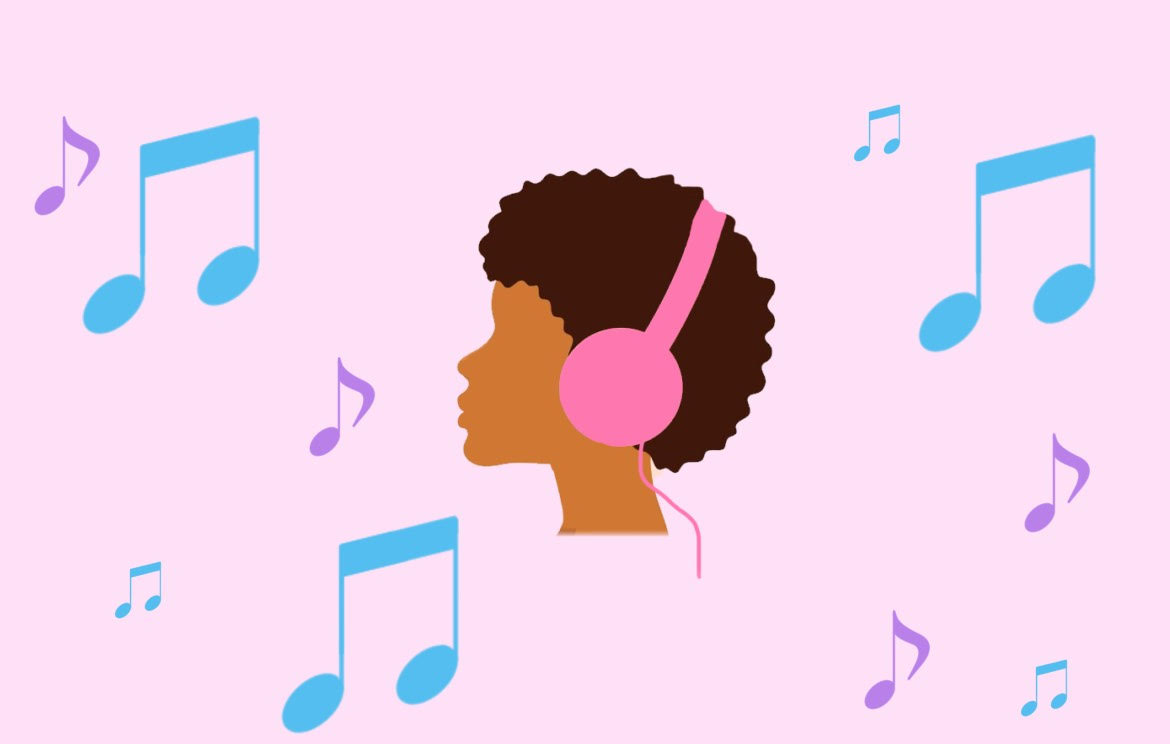
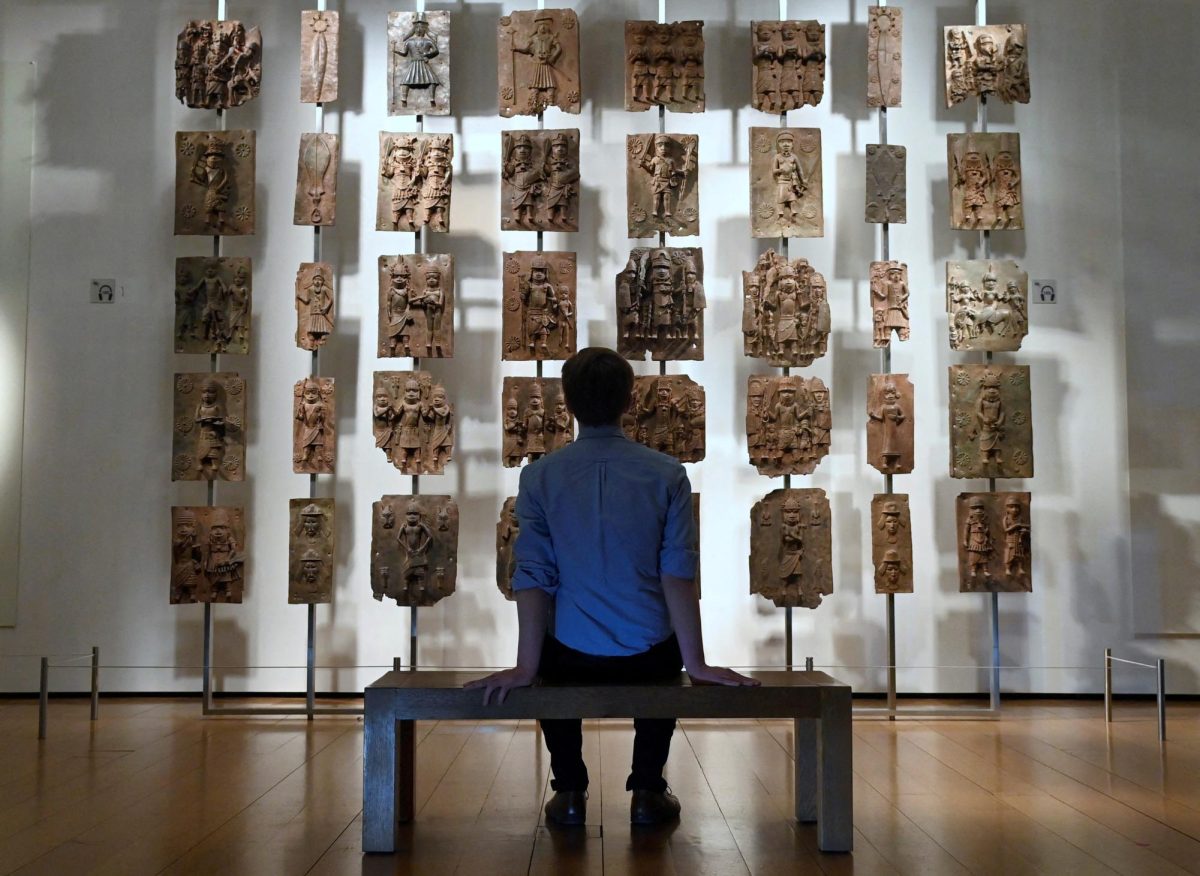
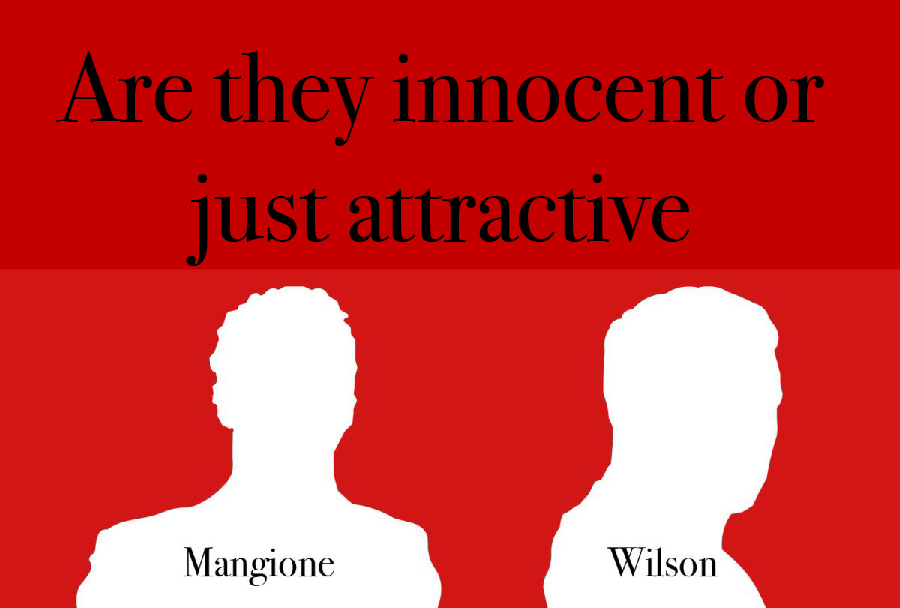


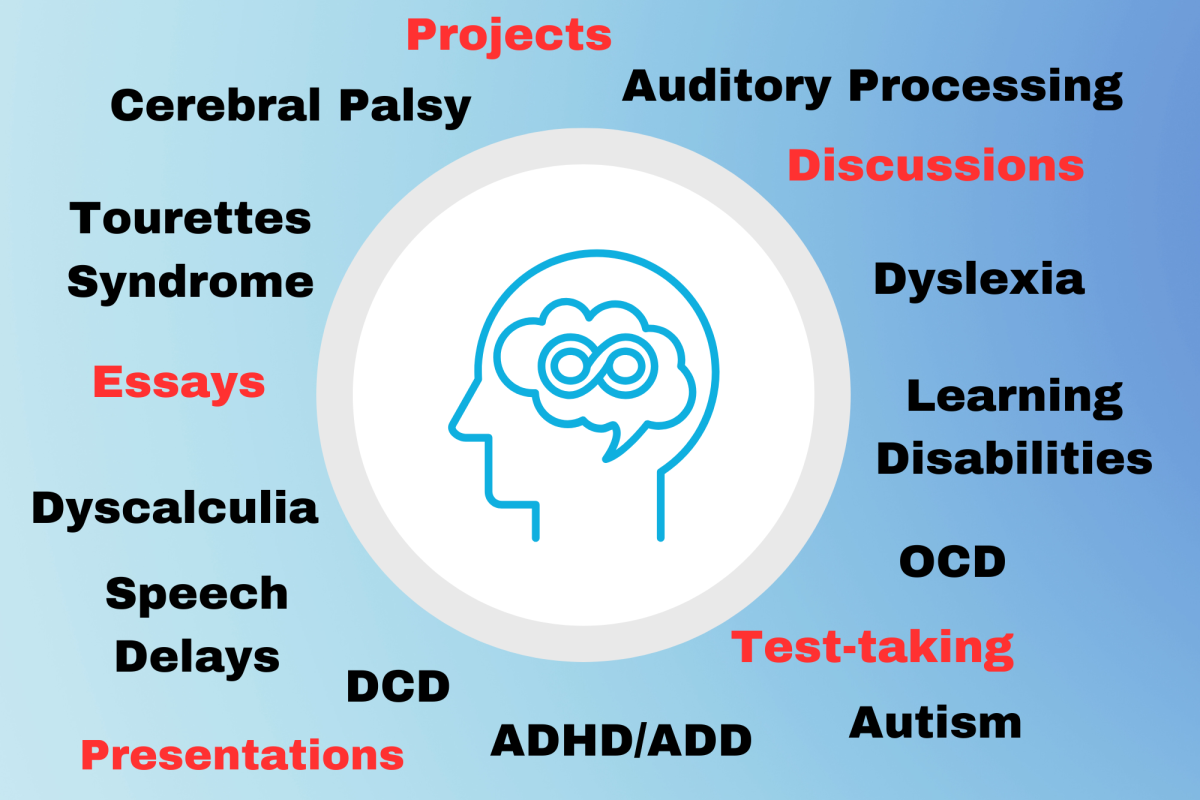
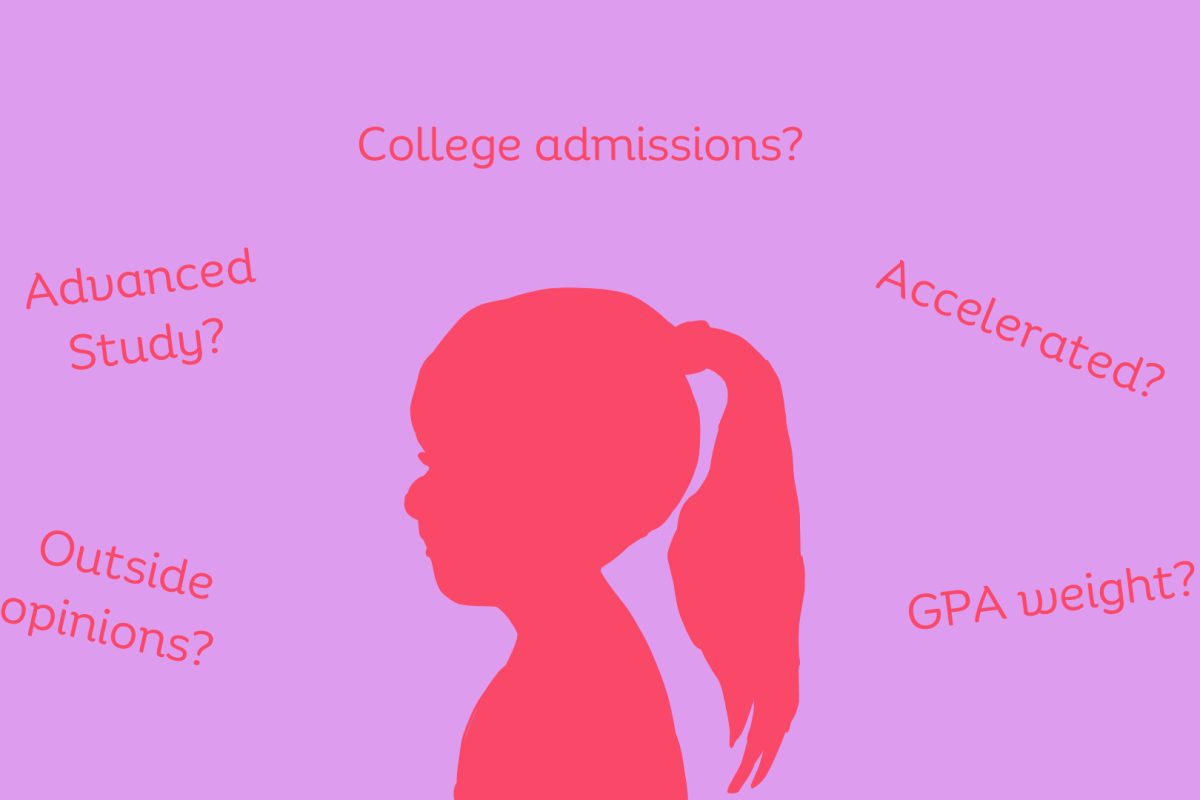



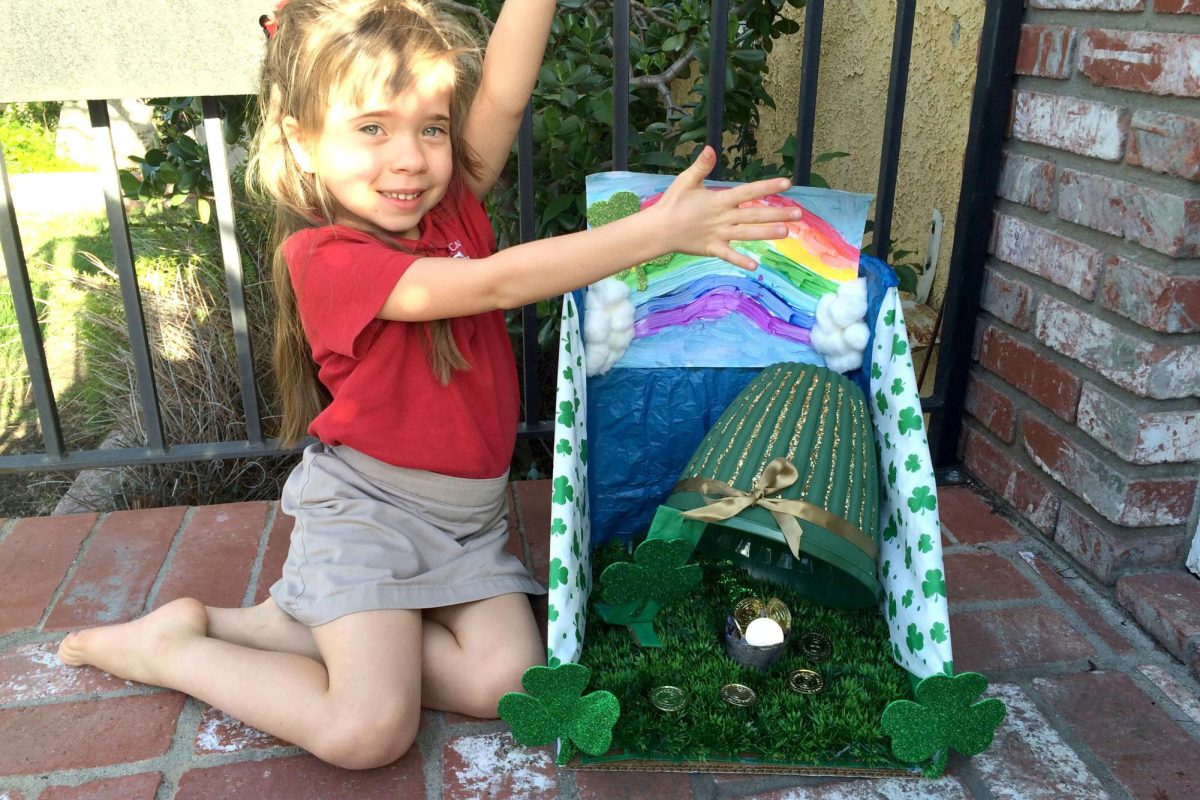



Janelle Gaye • Jan 30, 2024 at 1:28 pm
Great article!
Olivia • Jan 30, 2024 at 1:00 pm
Great article! Hip hop’s influence is ever present in our American culture, your article eloquently demonstrates the many facets of the genre, and how they are all connected !! Well done!
Varion Laurent • Jan 30, 2024 at 11:34 am
“ It’s time to challenge these biases and recognize Hip-hop for its artistic and cultural significance. ”
I couldn’t agree more Lola! Although highly controversial throughout its lifespan as a genre, what can’t be ignored is the cultural significance and financial impact hip hop continues to have on mainstream culture. The art form has had many unfit leaders, but as in any art form, sometimes the most beautiful work comes from the most unexpected places. It’s that spirit within hip hop that has made it such a global phenomenon. At its purest artistic expression, hip hop is the voice of the people.
Excellent article!
Maya Hernández • Jan 26, 2024 at 5:03 pm
“Hip-hop is more than just music; it’s a cultural movement encompassing art forms like dance, fashion and visual art — continuously pushing boundaries and challenging traditional norms.” WOW. Lola, this is an incredible article shedding light on an issue that goes unnoticed by many. I love it!